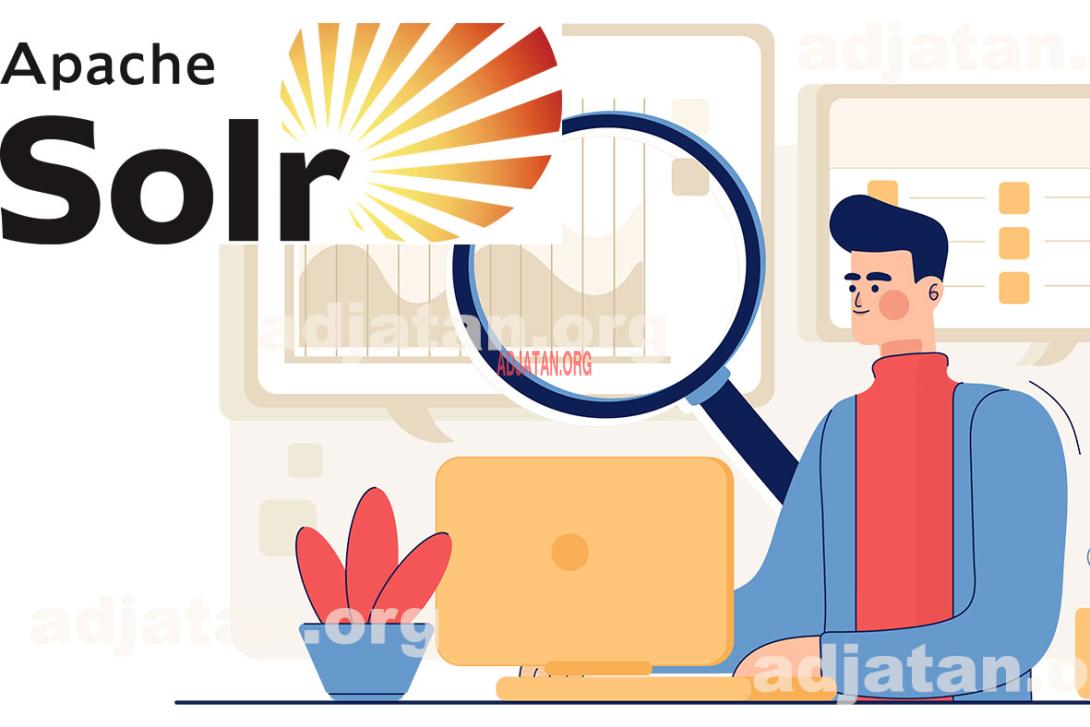
Solr (pronounced "solar") is an open-source, highly scalable search engine for searching data stored in various sources such as databases, file systems, websites, and more. It is written in Java and relies on Apache Lucene for searching and indexing data. In this article, we'll take a closer look at what Solr is and how it can be used for search.
Solr Features
Solr offers a host of features that make it the search engine of choice for developers and organizations looking to index and search data. Here are some of the coolest features of Solr:
- Large scale indexing: Solr can index millions of documents in minutes, making it ideal for organizations that need to index massive amounts of data.
- Advanced Search: Solr offers a wide range of search options, including full-text search, phonetic search, and proximity search.
- Ranking of search results: Solr helps to rank search results based on relevance, allowing users to quickly find the information they are looking for.
- Facets: Solr allows users to filter search results using facets, making it easy to find relevant information quickly.
- Multi-language support: Solr supports many different languages, allowing users to search for data in different languages.
How does Solr work?
Here is a brief overview of how Solr works:
- Indexing: Solr starts by indexing the documents that are to be searched. For this, it uses Lucene's reverse indexing model. Documents are analyzed and divided into individual terms (words). Each term is then recorded in the index along with additional information such as the source document and the position of the term in the document.
- Search: When a user performs a search, Solr searches the index based on search terms and returns relevant documents. It also uses techniques such as term weighting, normalization, prefix matching, phrase matching, and faceted search to improve search accuracy.
- Analysis: Solr also provides analysis functionality to extract useful information from indexed data. It can be used to identify trends, patterns and relationships in data.
- Extensibility: Solr is highly extensible and can be integrated with third-party applications. It supports many data formats and protocols, such as XML, JSON, HTTP, JDBC, etc. It also supports multiple languages and offers advanced customization options.
Alternatives
There are several open source and commercial alternatives to Solr that can be used for indexing, searching, and retrieving textual data. Here are some of the most popular alternative solutions:
- Elasticsearch: Elasticsearch is an open-source, Lucene-based search engine that offers real-time search and data analysis. It is very similar to Solr in terms of features and performance and is often considered its main alternative.
- Amazon CloudSearch: Amazon CloudSearch is a fully managed cloud search service offered by Amazon Web Services (AWS). It offers real-time indexing and search for web and mobile applications. It is also highly scalable and can be easily integrated with other AWS services.
- Algolia: Algolia is a software-as-a-service (SaaS) search solution that allows developers to quickly and easily add real-time search to their web and mobile applications. It offers full-text search, fuzzy match, search suggestions, and faceted search.
- Apache Cassandra: Apache Cassandra is a highly scalable distributed database that offers full-text indexing and search for web and mobile applications. It is capable of processing massive amounts of data and delivering very fast read and write performance.
- Apache Spark: Apache Spark is a distributed data processing framework that provides full-text search and fuzzy search functionality. It can be used for real-time data analysis and data stream processing.
More about Solr
- Official Solr website: https://lucene.apache.org/solr/
- Solr Documentation: https://lucene.apache.org/solr/guide/
- Apache Solr User Group: https://groups.google.com/g/apache-solr-user
- StackOverflow: https://stackoverflow.com/





